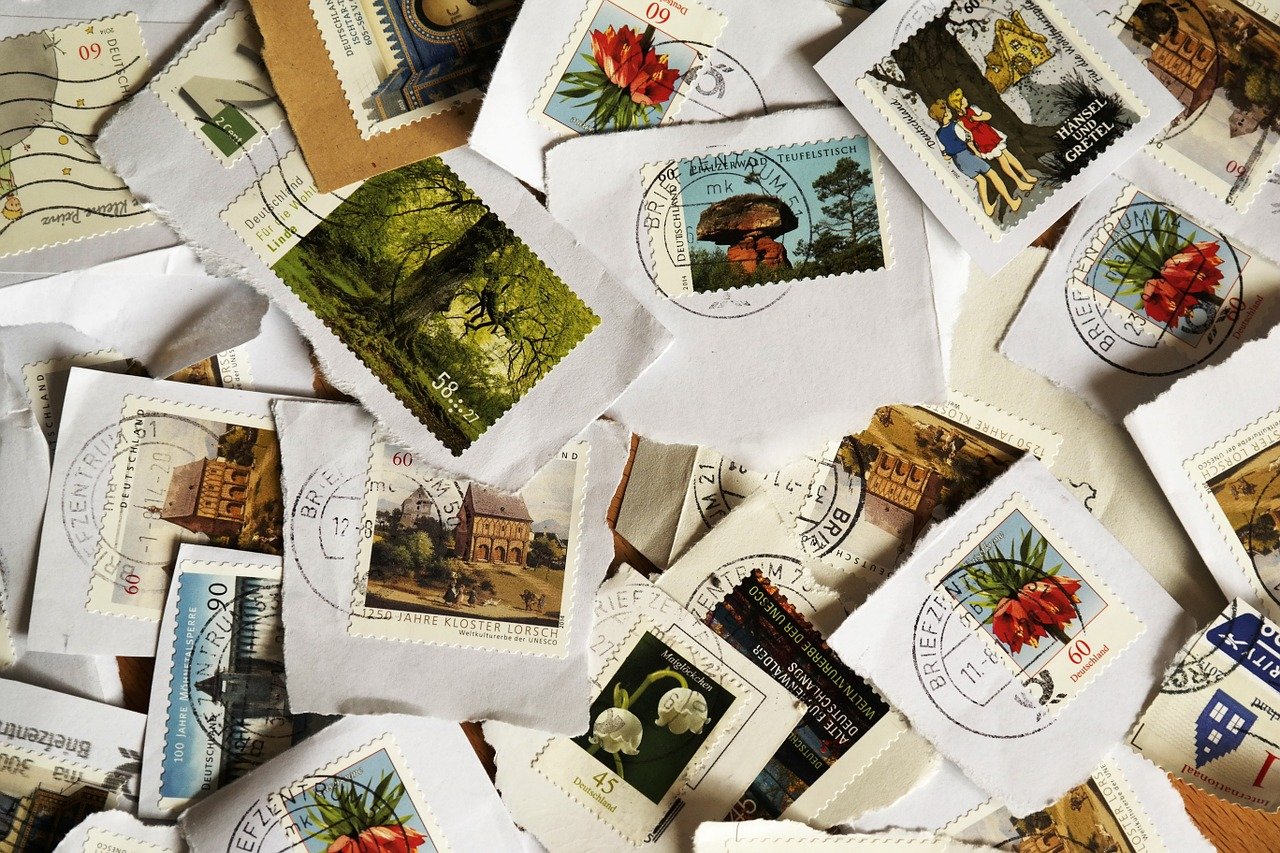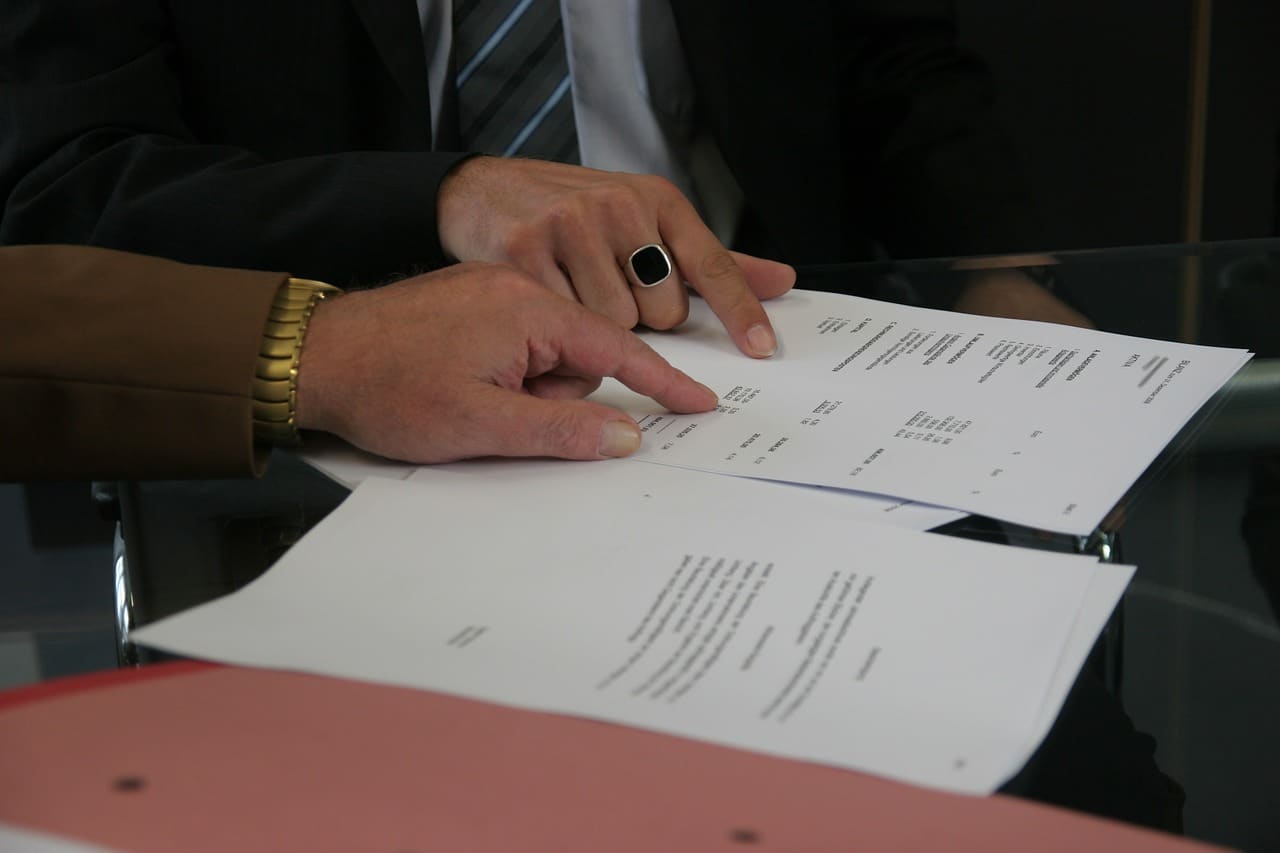
It is important to budget everything at your wedding. Only then will you stick to what you can afford. A common mistake is to not account for the overhead costs when booking a service or vendor. These aren’t usually stated upfront, and unless you ask, you may have a nasty surprise when you receive the final bill.
These are the usual areas where couples wrongly budget and it leads to costs they didn’t expect.
Shipping Costs for Invitations
Vendors usually do not mention charges inclusive of shipping when you place your order for your wedding invitations. Remember that the bulkier your card is, the more postage stamps or courier charges it will cost. Where hundred or more invitations are concerned, this can quickly add up, especially if many are to be sent overseas. When you receive an estimate for invitations, make sure you account for the postage charges as well. You may rethink your preferences when you figure it in.
Wedding dress fittings and alterations

It is unlikely to find a dress that fits perfectly when choosing off-the-rack. Every bride requires minimum alterations. Alteration services depend on the extent and nature of the work involved. You may have to pay more if you want custom changes, such as changing the neckline or adding sleeves.
First, fix an amount and set aside roughly 20% of it for alterations. Inform your bridal consultant of your wedding dress budget and mention that it is inclusive of all the overheads, so she can direct you to suitable ones. Make sure that you choose a dress that doesn’t need too much work by choosing the right size and finding one that has most of the features you desire.
Taxes and extras on services
There are taxes on everything from venue booking to caterers, florists and other services. The actual rate may depend on the amount you spend. Find out the cost inclusive of taxes, so you know whether what you chose is an option you can afford.
Extra charges at the reception include costs for cutting and serving the cake and serving wine. Unless you take an all-inclusive package where the cake and drinks come with the venue, it is likely you will have to pay the staff who perform the service. Make sure you discuss the rates before committing to the deal.
Cleaning up
If you have chosen a full-service, cleaning up after the function is usually included. However, if you are only renting the place and arranging the caterers and decorations yourself, you have to arrange for clean-up following the function, or else pay for it. Even if you book a full-service venue, make sure you know about any extra charges you may have to pay for late-night cleanup, should your party extend beyond midnight.
Extra equipment and overtime charges
Unless you stick to your original wedding schedule, you have to compensate for any extra time your service providers spend at your wedding. This applies to the band, DJ, caterers, wedding photographers, wedding officiants and wedding makeup artists. Book with a realistic time schedule, and you shouldn’t have to pay too much extra. Any additional equipment such as speakers or microphones, that will be required at your venue, will come at an extra cost. So, check this outright in the beginning.
For more wedding tips and advice, visit us at Best for Bride.

















